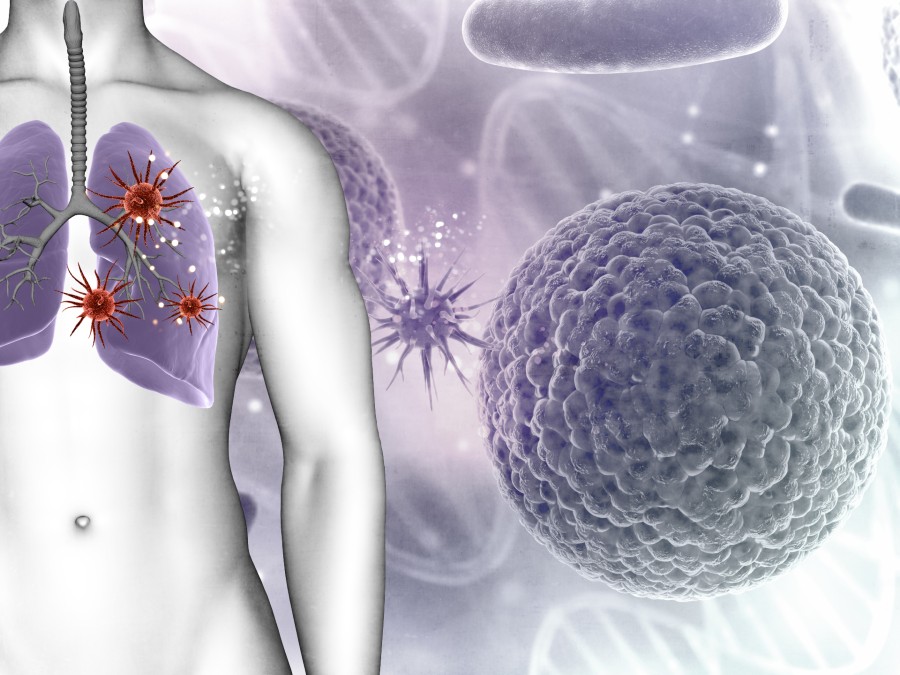June 15, 2025
Our understanding of addiction needs a complete rethink. The famous Rat Park study shows us why. When rats live alone in empty cages with drug-laced water, they often use drugs until they die. But put those same rats in a fun cage with friends, toys, and good food - they skip the drugs completely.









